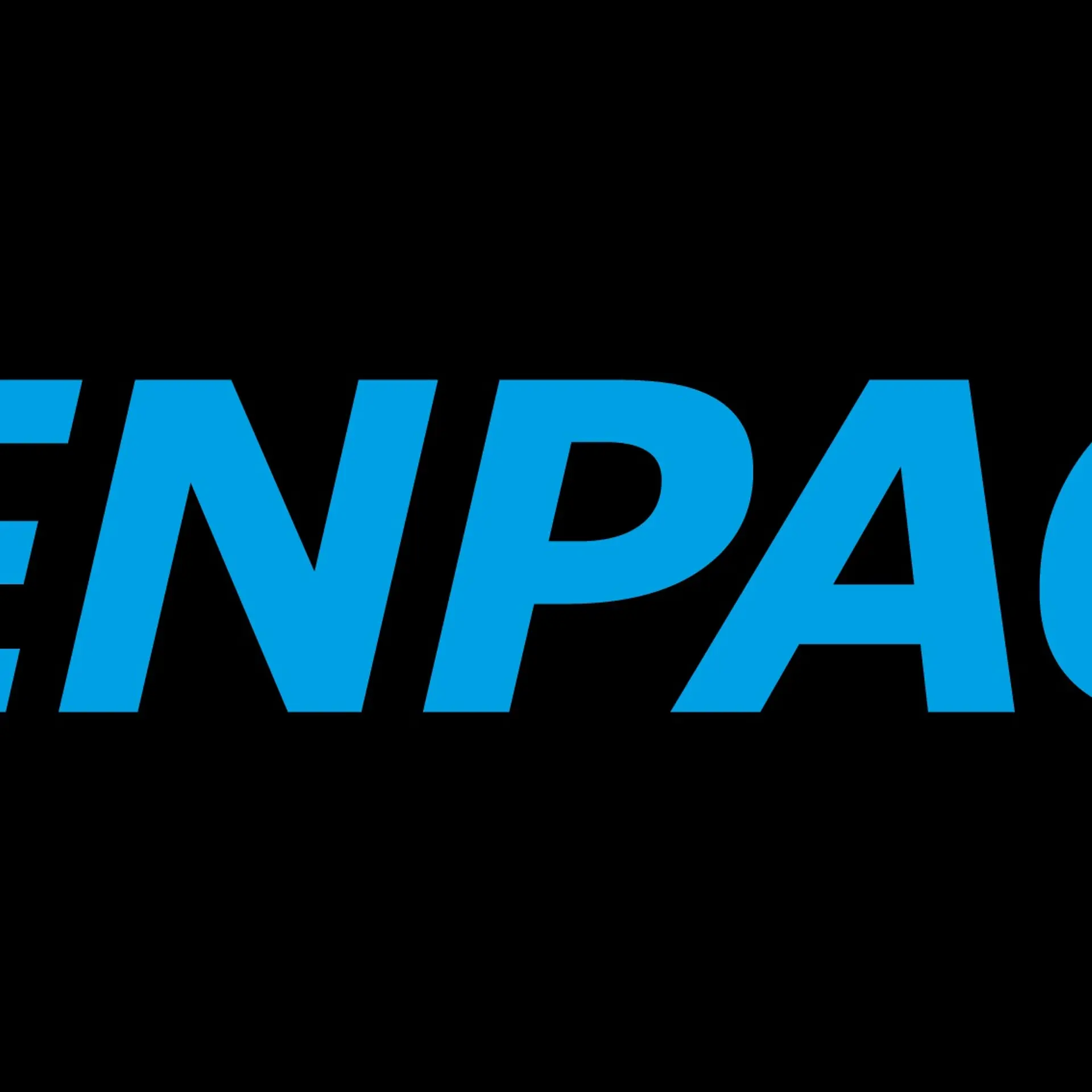

How Blockchain Changing Face Of Banking System
Blockchain technology has transformed the banking sector by combining shared database with cryptography, smart contracts, and digital payments. Learn use cases of blockchain technology in the banking system that allows multiple parties to secure transactions.
The potential use cases of Blockchain technology, as well as the number of Blockchain development companies and start-ups, has been constantly on the rise.
Amongst the many industries that have been disrupted using Blockchain solutions, the Banking industry is definitely at the forefront of it. So much so that the conversations around Blockchain have now moved from niche fanatics and enthusiasts to mainstream banking experts and investors.
In fact, a recent Accenture report showed that 9 out of 10 executives from major banks admitted that their institutions are currently exploring potential Blockchain technology solutions.
This means banks are definitely interested in Blockchain. Can Blockchain help the traditional banking system? If yes, then in what ways?
Common problems faced by the traditional banking industry
Banks and similar financial institutions are primarily responsible for keeping people’s money safe and secure and providing them whenever they need it. In order to successfully be able to do this, they require a lot of processes as well as mediators.
This is what makes the whole banking process a little bit slow and a little more expensive. Additionally, the involvement of multiple manual processes as well as human mediators makes the banking industry prone to frauds and errors.
Blockchain technology promises a high level of security, transparency and decentralization which are essential characteristics for a technology that aims to solve problems faced by traditional banks.
Let’s look at the different ways in which Blockchain can help the traditional banking industry.
How will Blockchain help the traditional banking industry?
Here are five things to know
Faster Transactions and Payments
Today, traditional banks enable the transfer of trillions of dollars around the world. However, the current system takes anywhere between 1-3 days to verify and settle transactions between two parties.
“Blockchain enables money transfer by simple ledger entries without the need for a centralized mediator to verify it. This means banks can use this Blockchain-based solution to reduce the time required to verify and settle transactions. Eventually, as technology matures, transactions can even occur in real-time. “ - Mohit Sirohi (CEO, Vegavid Technology)
Thus, banks can reduce their processing time and offer their customers access to cheap, fast and borderless payments.
Increased Security and Fraud Reduction
Traditional banks are plagued with incidents of financial crimes and cyber-attacks such as fraud, data leakage and bank account hacks.
Blockchain technology is built on cryptography principles of public keys, private keys and hash functions. Moreover, they are built on a shared ledger system which means there is no total dependence on just one entity, unlike traditional banks.
This helps banks in securing transaction information and avoiding attacks from fraudsters and hackers. Blockchain technology solutions enable faster transactions which means there is less time for attackers to intervene. Additionally, once any ledger entry is verified and stored, it is almost impossible to tamper with it because of the decentralized and shared ledger system.
Reliable and Improved Data Quality
Banks have to maintain a huge amount of data. In the traditional structure, the problem happens because so much banking information lies in more than one place. Hence, this same data can be changed by multiple parties at different locations.
This results in either incomplete or outdated information. This is a much simpler explanation of what happens in reality but the point is that the systems are quite complex and it can result in chaos when the data is not maintained properly.
Modern blockchain technology is capable of storing any kind of data. The use of Smart Contracts further enables data to be accessed and changed only according to predefined rules. The shared ledger system allows everyone to act on the same copy of data. This allows for faster and secure transactions with more reliable data.
Reduced Costs
The traditional banking system has a lot of intermediaries and middleman when it comes to interactions and executing transactions. This interactions with intermediaries increase the final cost of a transaction.
The use of Smart Contracts in blockchain technology solutions can help in performing administrative functions, maintaining and executing contracts. This helps to reduce the interactions with intermediaries which further helps in reducing overall costs.
Improved Loans and Credits
Traditionally, banks giveaway loans based on your credit rating which is given by third party agencies. This kind of system is often hostile to consumers which might negatively impact their ability to get loans.
With blockchain, banks can get a cryptographically secure and decentralized registry of a user’s past payments. They can use this to calculate a global credit score and give away loans in a cheaper and more efficient way to a large pool of consumers.
Blockchain-based projects for banking are still developing. However, many major banks such as JP Morgan Chase, Goldman Sachs and Bank of America have already invested millions into this technology indicating it’s huge untapped potential.






![Top 10 Cheap Indian Press Release Distribution Services [Updated]](https://images.yourstory.com/cs/1/b3c72b9bab5e11e88691f70342131e20/LOGO-DESIGN-PR-INDIA-WIRE-03-1595693999405.png?mode=crop&crop=faces&ar=1%3A1&format=auto&w=1920&q=75)